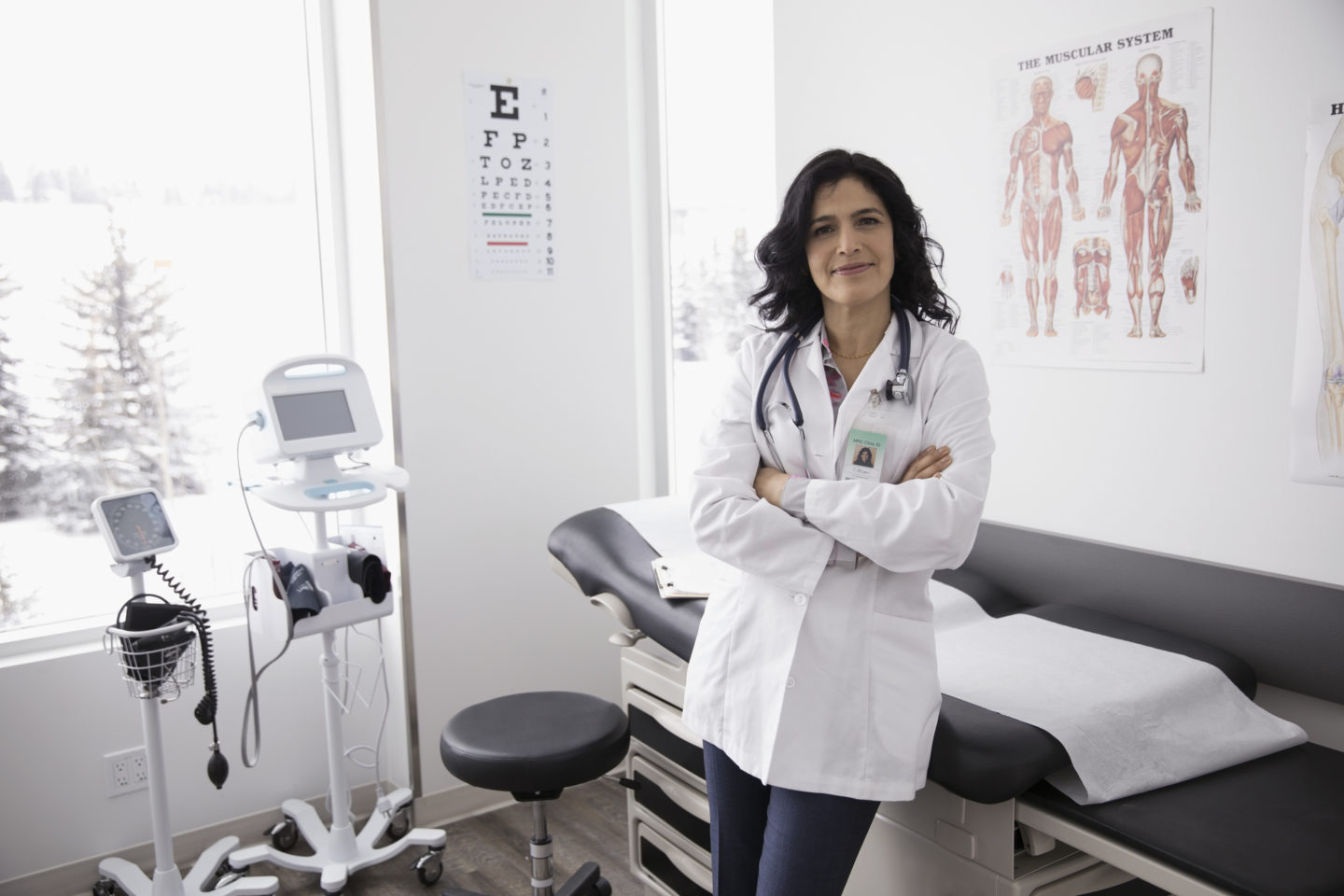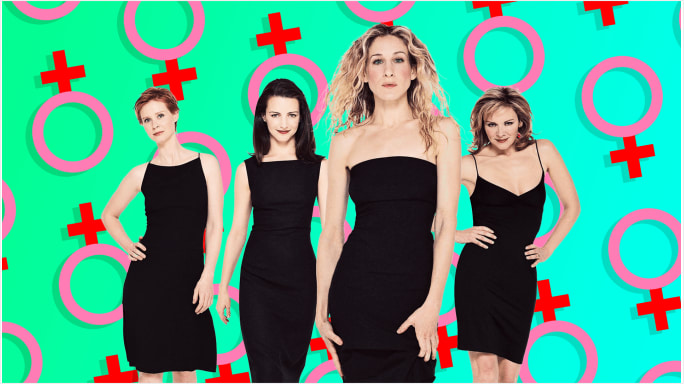Between STI testing, cancer screening, and discrimination, doctors continue to let down lesbian, bisexual, and trans women.
“I was in college when my doctor told me I didn’t need need to have an STI test despite being sexually active,” Anna K., a 29 year old cis lesbian, told HelloFlo. “When I asked him why, he said that it was unlikely for another woman to [pass on an STI] to another woman.”
“Less likely, maybe, but not impossible. I had to insist and threaten to get a new doctor before he’d do it. I was so frustrated…it was like I had to teach him.” Anna went on to add that she knew of several LGBT friends that had experienced similar treatment from doctors, experiences that ranted from simple misunderstandings or assumptions to downright poor treatment due to “ignorance about queer people.”
How does this differ with straight women’s experiences with doctors? Aimee Uchytil, a nurse practitioner at Callen-Lorde Health Center in New York City, which focuses on LGBT healthcare, says that queer women are more prone to experience “assumptions and invisibility” from their healthcare professionals. Uchytil adds that, “For heterosexual women, there’s no real barrier in being honest about who you’re having sex with.” These assumptions from doctors that cause feelings of invisibility can make queer women afraid, sometimes preventing them from going to the doctor at all.
Cis queer women are far from the only ones that meet opposition when going to the doctor’s office. We talked with a bisexual trans woman, who wished to remain anonymous, about her experiences with doctors after she transitioned.“The forms I had to fill out for my doctor [as a new patient] only had “male” or “female” identities, so I picked female because, you know, I’m a woman. But when my doctor asked when I’d had my last Pap [smear], I told him I didn’t need one because I was trans, he got really mad…[he] didn’t understand why I didn’t pick the male box on the form. He said I wasted his time. I never went back there.”
Places like Planned Parenthood train their staff to be inclusive and sensitive to LGBT people, including offering many LGBT-specific medical necessities like hormone therapies, STI testing, and information on mental health, support groups, and more. More and more Planned Parenthoods are closing across the country, making accessible healthcare queer people even more limited and difficult to come by. It makes sense that cuts would have a negative impact on lesbian, bisexual, and trans women given how many use Planned Parenthood as their primary care facility.
Studies also find that, even after the Affordable Care Act passed, LGBT adults are less likely to have health insurance than straight people, likely keeping them from visiting the doctor due to rising healthcare costs in the United States. On average lesbians, bisexual women, and trans women were unable to even afford to see the doctor. 29 percent of lesbian and bisexual women and 31 percent of trans people reported that, in the last year, they were unable to afford healthcare compared to 19 percent of straight women, 21 percent of LGBT men, and 15 percent of straight men.
Not going to the doctor for any number of reasons can have huge implications for queer women. According to the National LGBT Cancer Network, a “cluster of risk factors,” including but not limited to homophobia from the healthcare industry, the prominence of alcohol use among lesbian and bisexual women, and not giving birth before age 30 can double a cis queer woman’s chances of cancer. There is currently limited data on cancer in queer women, but it is a solid conclusion that any of these factors put LGBT people “at a greater risk of late stage cancer diagnosis.”
Doctor’s assumptions about cis lesbians and bisexual women, especially those dating or married to another woman, actually has a direct impact on their cervical cancer risks. The reason? The human papillomavirus is most commonly passed during intercourse between cis men and women, so many doctors mistakenly assume that lesbians have never had sex with cis men in the past. It is also possible to pass HPV from skin to skin contact or sharing toys, something that occurs in many relationships between women.
Joachim Voss, a professor at the University of Washington School of Nursing, says that, “If we are serious about reducing the rates of cervical cancer in lesbians, an unbiased health assessment by a provider” is necessary. This assessment would assume that not everyone is straight, not everyone is cis, and that not everyone’s partner is straight or cis. It would make a huge difference in the way queer women feel about doctors and improve the overall health of queer women.




comments